On-Demand Courses Training
Upskill Anytime, Anywhere: Empower Your Future with Chennai Softech’s On-Demand Courses. In today’s rapidly evolving job market, continuous learning is crucial for success. Chennai Softech’s On-Demand Courses offer a flexible and effective way to equip yourself or your workforce with the most sought-after skills, all at your own pace.
Invest in Your Future, Today!
Contact Chennai Softech to discuss your specific training goals and explore how our on-demand courses can empower you or your workforce to achieve success. We offer a cost-effective and flexible learning solution that delivers real-world skills and knowledge.
- Learn from Industry Experts: Gain valuable knowledge from our team of 50+ experienced trainers. These instructors are specialists in the most in-demand courses, ensuring you receive the latest industry insights and practical applications.
- Proven Track Record of Success: Over 12,000 students have already benefited from our on-demand training programs, propelling their careers forward.
- Trusted Training Partner in Tamil Nadu: We are a highly respected training provider, having partnered with top universities and colleges across Tamil Nadu, consistently delivering high-quality learning experiences.
- Practical & Down-to-Earth Approach: Our trainers prioritize a practical and down-to-earth approach, making complex concepts relatable and ensuring you gain skills you can readily apply in your real-world work.
Benefits of Working with Chennai Softech
Cost-Effective
Minimize costs by eradicating expenses associated with travel and instructors, providing a highly economical option compared to conventional training methods, ultimately enhancing affordability and accessibility for all learners.
Student-Aligned Syllabus
Courses include a student-centered syllabus detailing learning objectives, modules, assignments, and assessment criteria, ensuring clarity on the skills and knowledge acquired.
Scalability
Effortlessly elevate the skills of your entire team or concentrate on addressing individual development requirements, providing tailored learning experiences that cater to the unique needs of each team member.
Wide Range of Courses
Diverse array of courses spanning various disciplines and subjects, offering comprehensive learning opportunities tailored to meet the diverse needs and interests of learners across different fields and industries.
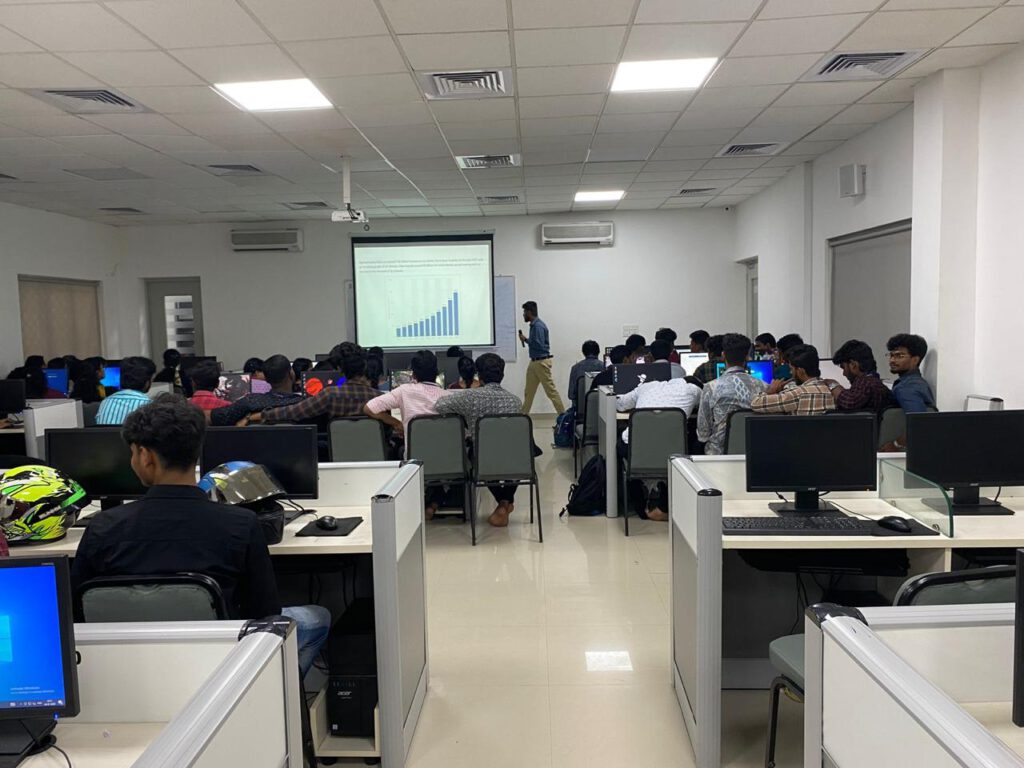
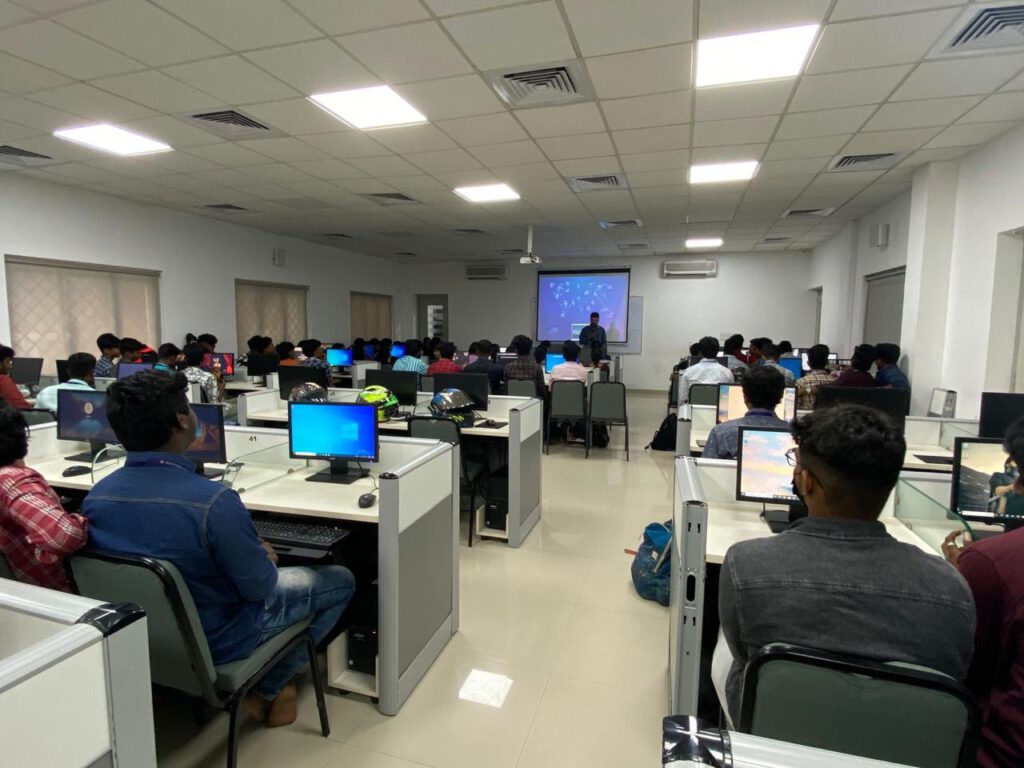
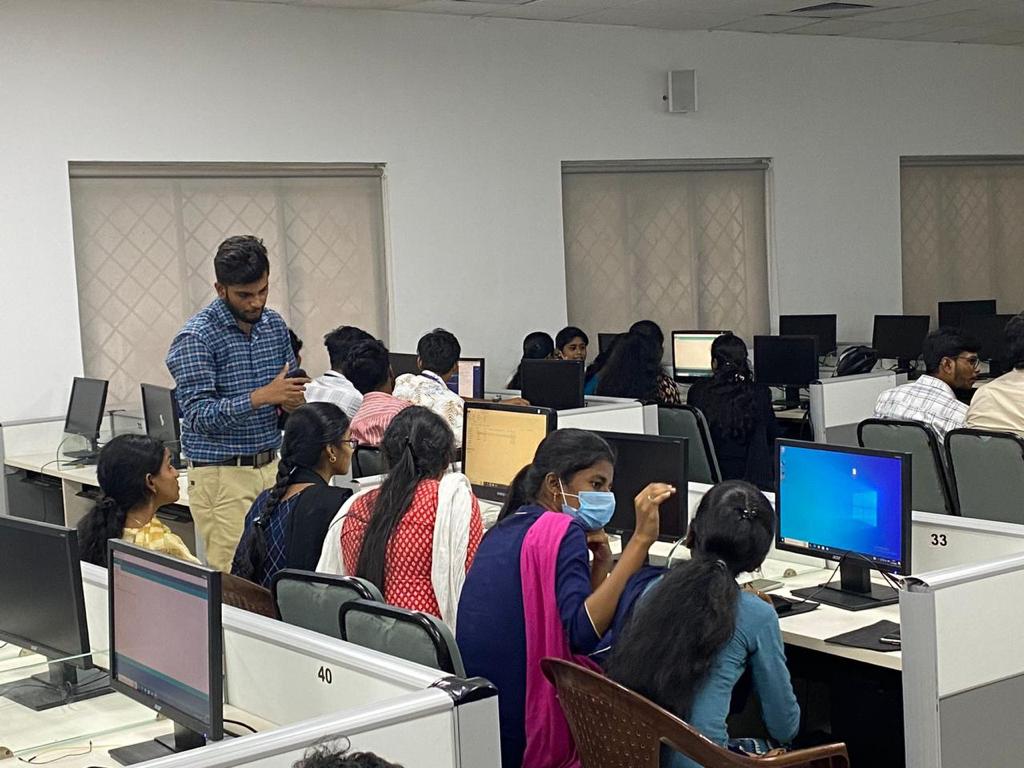
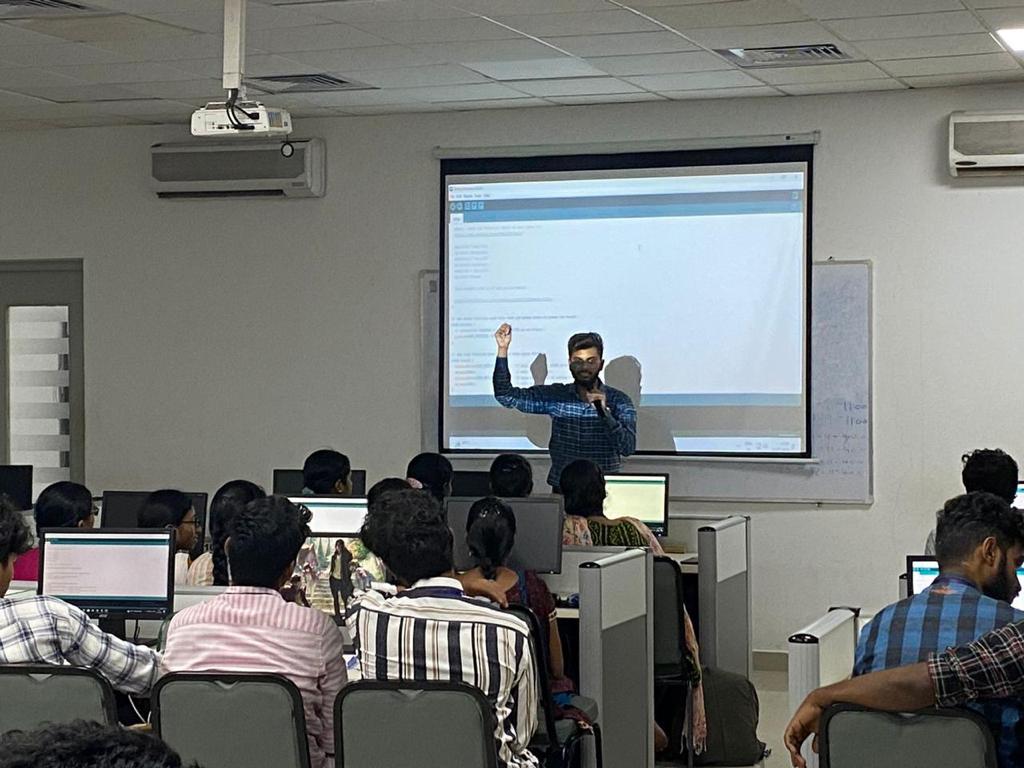
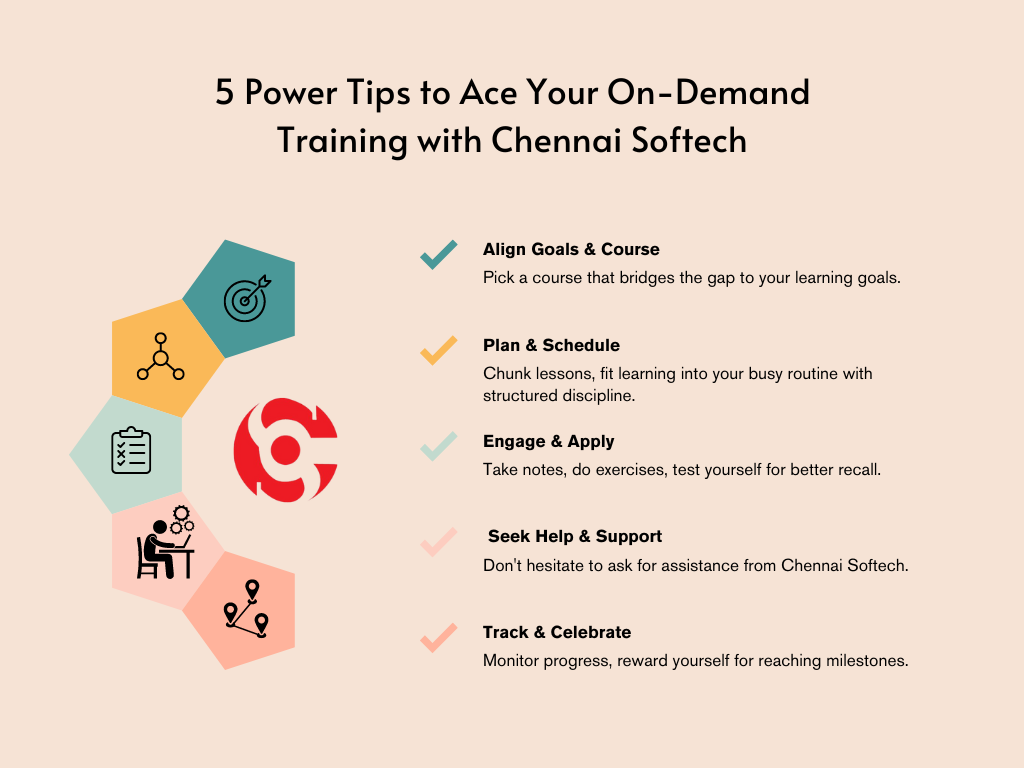
Unveiling Our Signature Training Program
- Full Stack Software Engineering encompasses proficiency in both front-end and back-end development, covering a wide array of technologies and frameworks. Topics include web development fundamentals, databases, server-side programming, client-side scripting, version control, deployment strategies, and more. Through hands-on projects and practical exercises, learners gain expertise in building dynamic web applications, understanding the full software development lifecycle, and mastering the skills required for modern software engineering roles.
- Data Science is an interdisciplinary field that combines statistics, mathematics, programming, and domain knowledge to extract insights and knowledge from data. Key topics include data preprocessing, exploratory data analysis, statistical modeling, machine learning algorithms, data visualization, and big data technologies. Learners will delve into Python and R programming languages, popular libraries such as NumPy, Pandas, Matplotlib, and Scikit-learn, as well as tools like Jupyter Notebooks and SQL for data manipulation and analysis. Through real-world projects and case studies, participants gain practical experience in solving complex problems, making data-driven decisions, and effectively communicating insights to stakeholders.
- Data Analytics involves examining raw data to uncover insights, trends, and patterns that inform decision-making and drive business strategies. Key concepts include data collection, data cleaning, data visualization, descriptive and diagnostic analytics, predictive modeling, and prescriptive analytics. Learners will explore tools and techniques such as Excel, Tableau, SQL, Python, and R for data analysis and visualization. Through hands-on projects and case studies, participants will develop skills in data interpretation, hypothesis testing, data-driven decision-making, and communicating insights effectively to stakeholders.
- Data Engineering focuses on the design, construction, and maintenance of data pipelines and infrastructure to facilitate data processing, storage, and retrieval at scale. Core components include data ingestion, transformation, storage, and delivery. Learners will delve into technologies such as Apache Hadoop, Apache Spark, Apache Kafka, SQL and NoSQL databases, cloud platforms like AWS, Azure, or Google Cloud, and programming languages such as Python, Java, or Scala. Through hands-on projects, participants will gain proficiency in building robust data pipelines, optimizing data storage and retrieval, ensuring data quality and reliability, and integrating with analytics and machine learning systems for actionable insights.
- Cloud Computing refers to the delivery of computing services—including servers, storage, databases, networking, software, and more—over the internet (the cloud) to offer faster innovation, flexible resources, and economies of scale. Key concepts include Infrastructure as a Service (IaaS), Platform as a Service (PaaS), and Software as a Service (SaaS). Learners will explore cloud platforms such as Amazon Web Services (AWS), Microsoft Azure, and Google Cloud Platform (GCP), understanding core services like virtual machines, storage buckets, databases, and networking components. Through hands-on labs and projects, participants will gain expertise in deploying, managing, and scaling applications in the cloud, optimizing cost and performance, and leveraging cloud-native technologies like serverless computing and containers for modern application development.
The Internet of Things (IoT) refers to the network of interconnected devices embedded with sensors, software, and other technologies to collect and exchange data over the internet. Key components include sensors, actuators, connectivity, and data processing capabilities. Learners will explore IoT architectures, protocols, and standards such as MQTT, CoAP, and LoRaWAN, as well as IoT platforms like AWS IoT, Azure IoT, and Google Cloud IoT Core. Topics include device communication, data ingestion, edge computing, security, and analytics. Through hands-on projects, participants will gain practical experience in designing, deploying, and managing IoT solutions, integrating with cloud services, and developing applications for smart devices and connected systems.
Lets Get In Touch With Our Team Professionals
Get The Latest Update
Our Company
Services Can be Provided All Over Globe
